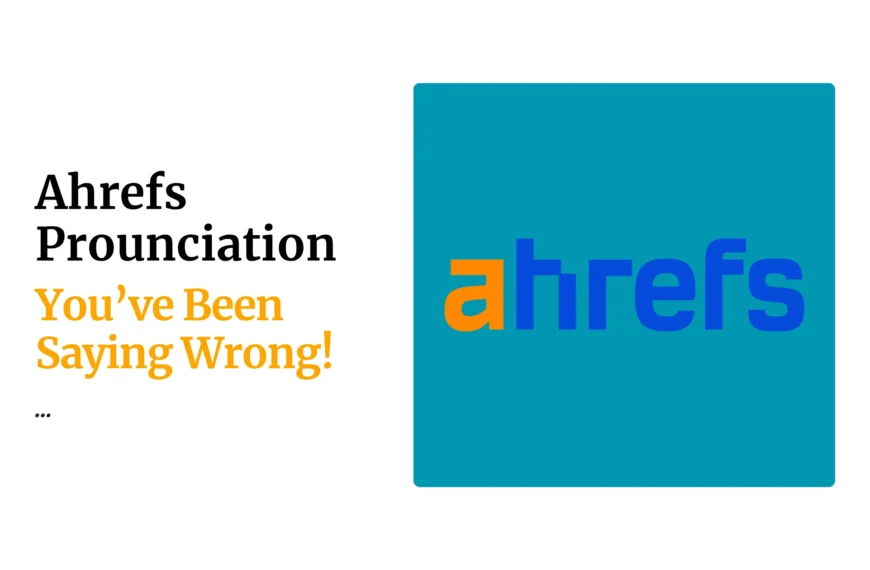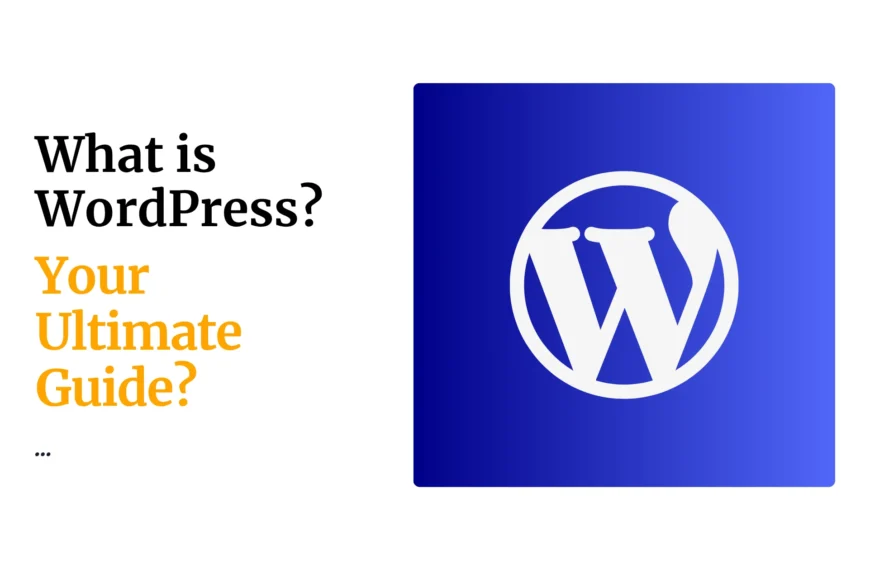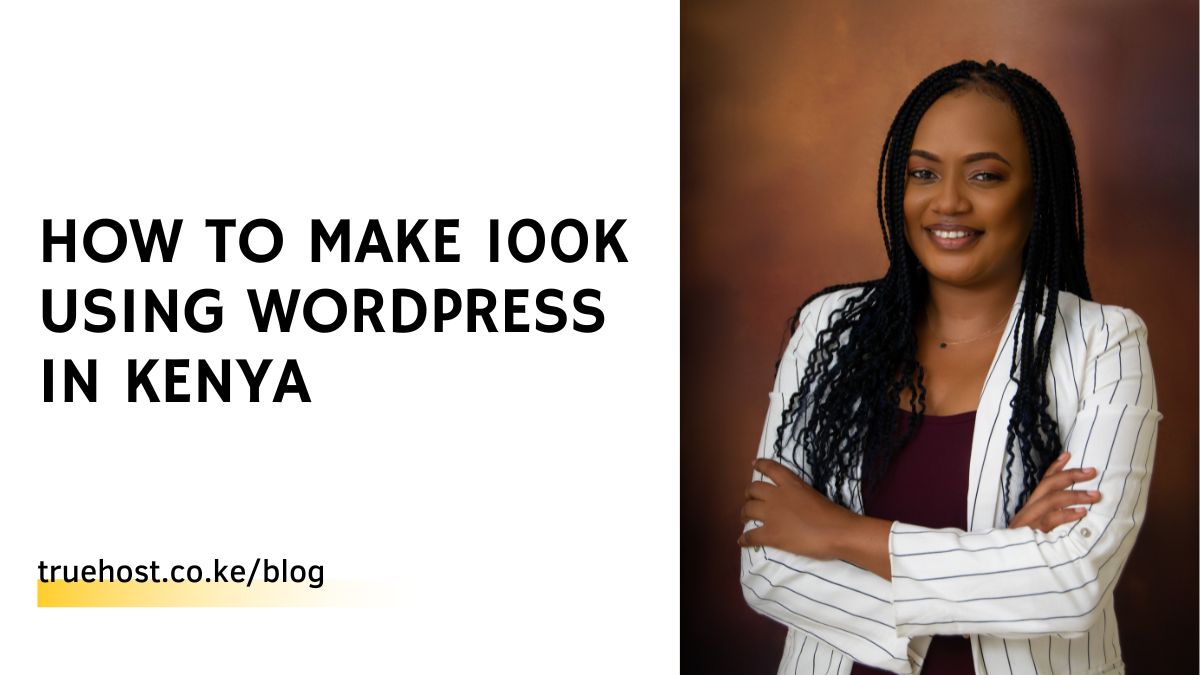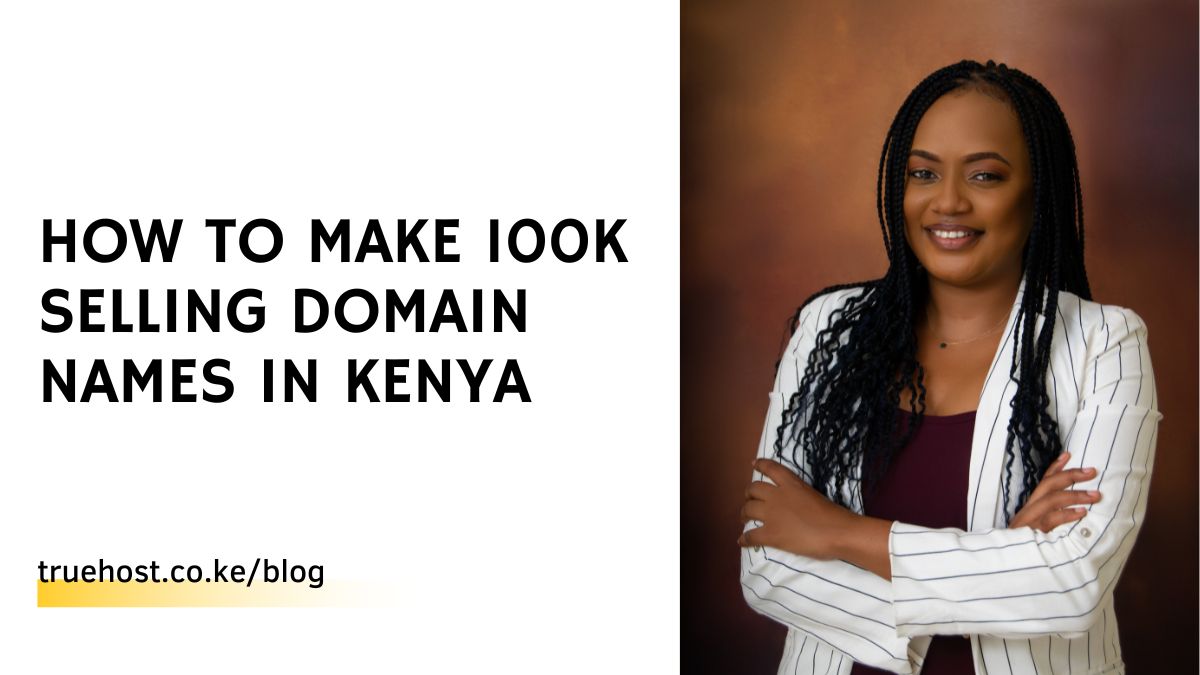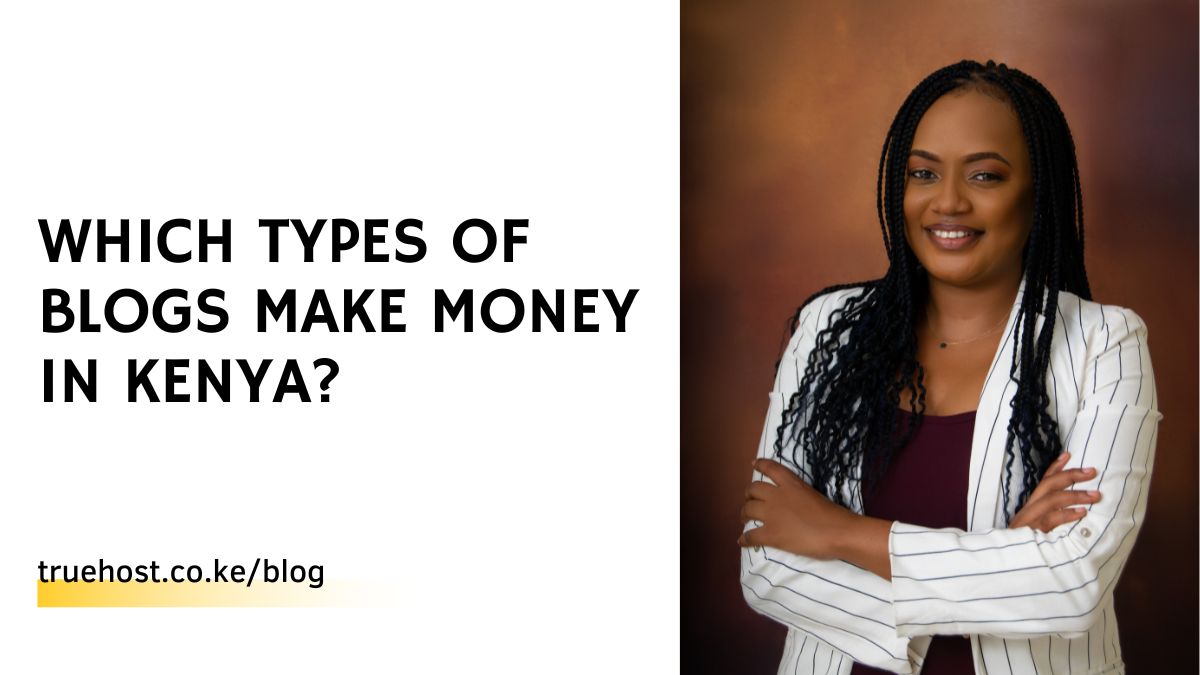Blogging has become an increasingly popular way for Kenyans to earn extra income online.
With a growing number of Kenyans accessing the internet through their mobile devices, blogging provides an accessible platform for sharing ideas and monetizing content.
However, how much money can you really make blogging in Kenya?
Here’s an in-depth look at blogging income potential in Kenya.
How Bloggers Earn Money in Kenya
There are several ways bloggers in Kenya are able to earn money from their blogs:
Display Advertising
One of the most common ways for Kenyan bloggers to earn income is through display advertising like Google AdSense. This involves having ads displayed on your blog pages. When visitors click on or view these ads, the blogger earns a small percentage of the ad revenue.
The amount earned depends on your blog’s traffic and the rate advertisers are willing to pay per click or view.
For Kenyan blogs, earnings from display ads typically range from $0.10 – $0.30 per 1,000 page views.
With high traffic blogs earning in the thousands of views per day, display advertising can add up to a sizable monthly income.
Affiliate Marketing
Another popular method is affiliate marketing. Bloggers promote certain products or services on their blog.
If readers purchase those items after clicking the affiliate links, the blogger receives a commission.
Affiliate links can be for large ecommerce companies like Amazon or local Kenyan businesses.
Popular affiliate programs in Kenya include Jumia, Kilimall, MyDawa and others.
Commissions typically range from 1-10% of sales.
While any individual sale may be small, affiliate income can scale up quickly with a high-traffic blog.
Sponsored Posts
Some bloggers earn money by writing sponsored posts directly for brands wanting to reach their audience.
For example, a Kenya travel blogger may be paid to write about a certain hotel or tourism company.
Sponsored post rates vary greatly, but often range from $50-200+ per post depending on the blogger’s traffic and niche.
Products and Courses
Established bloggers with a loyal following often create their own digital products or courses to sell to their audience.
These may relate closely to the blog’s niche – for example, a cooking blogger selling an eCookbook.
Courses are also popular, teaching readers blogging tips or other skills related to the blog’s focus.
Consulting
Experienced bloggers can also earn by providing blogging consultation services to brands or other bloggers wanting to start their own websites.
Consultants may charge hourly rates or packages ranging from a few hundred to a few thousand dollars depending on the scope of services.
How to Replicate Blogging Success in Kenya
So how can you start earning similar income from blogging in Kenya? Here are a few key tips:
- Choose a profitable niche. Consider hobbies and interests that align with in-demand topics, like technology, business, education, health and wellness, or popular hobbies. Research advertising rates and affiliate programs to assess profit potential.
- Create high-quality content. Consistently publish engaging, useful articles and content that builds trust and authority around your niche. SEO optimization can help increase search traffic.
- Build traffic and subscribers. Promote your blog and grow an email subscriber list to have an audience to monetize. Leverage social media and guest posting on other blogs in your niche.
- Add income streams. Gradually incorporate display ads, affiliate links, and sponsored posts. Offer products or trainings once you have an established readership.
- Provide real value. Focus on serving your readers’ needs rather than hard selling. If you earn their trust, some will support you through the monetization channels you provide.
Costs to Start a Blog in Kenya
The great thing about blogging is that it’s possible to start with very low costs. Here are typical startup expenses:
- Domain name – Your blog domain usually costs $10-20 per year. Popular registrars are Godaddy and Namecheap.
- Web hosting – Hosting plans start around $3-10 monthly. Popular hosts include Bluehost and HostGator.
- Website theme – Premium WordPress themes cost $40-60 as a one-time purchase. There are also free themes available.
- Email list – An email service like Mailchimp has a free tier up to 2,000 subscribers. Paid plans are $10-200+ monthly.
So you can get started with a functional blog for around $100-200 in the first year.
Ongoing domain and hosting costs are about $100 per year.
Significant traffic growth may require upgrading to paid email marketing and accelerated hosting plans.
But with the right strategy, you can start earning advertising and affiliate income that covers these expenses shortly after launching your blog.
In summary, blogging can be a viable source of part-time or even full-time income for Kenyan bloggers.
While income potential varies greatly, established bloggers earn an average of thousands of dollars per month.
With persistence and consistency, providing high-quality content focused on an in-demand niche, you can successfully monetize a blog in Kenya.
Related:
 Domain SearchInstantly check and register your preferred domain name
Domain SearchInstantly check and register your preferred domain name Web Hosting
Web Hosting cPanel HostingHosting powered by cPanel (Most user friendly)
cPanel HostingHosting powered by cPanel (Most user friendly) KE Domains
KE Domains Reseller HostingStart your own hosting business without tech hustles
Reseller HostingStart your own hosting business without tech hustles Windows HostingOptimized for Windows-based applications and sites.
Windows HostingOptimized for Windows-based applications and sites. Free Domain
Free Domain Affiliate ProgramEarn commissions by referring customers to our platforms
Affiliate ProgramEarn commissions by referring customers to our platforms Free HostingTest our SSD Hosting for free, for life (1GB storage)
Free HostingTest our SSD Hosting for free, for life (1GB storage) Domain TransferMove your domain to us with zero downtime and full control
Domain TransferMove your domain to us with zero downtime and full control All DomainsBrowse and register domain extensions from around the world
All DomainsBrowse and register domain extensions from around the world .Com Domain
.Com Domain WhoisLook up domain ownership, expiry dates, and registrar information
WhoisLook up domain ownership, expiry dates, and registrar information VPS Hosting
VPS Hosting Managed VPSNon techy? Opt for fully managed VPS server
Managed VPSNon techy? Opt for fully managed VPS server Dedicated ServersEnjoy unmatched power and control with your own physical server.
Dedicated ServersEnjoy unmatched power and control with your own physical server. SupportOur support guides cover everything you need to know about our services
SupportOur support guides cover everything you need to know about our services


